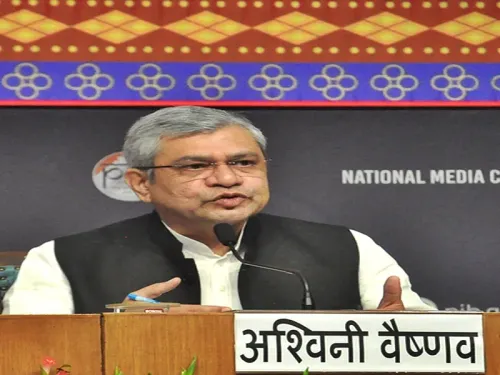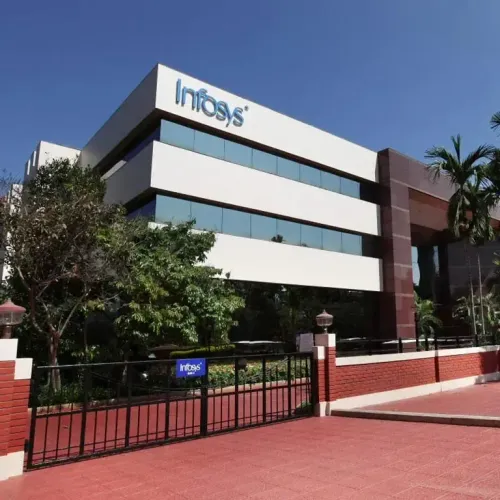Will the Resumption of FII Buying Depend on the India-US Trade Deal and Q1 Results?

Synopsis
Key Takeaways
- FIIs have adopted a cautious stance this month.
- Recent selling indicates a shift in investor sentiment.
- The upcoming India-US trade deal could impact FII inflows.
- Q1 FY26 results are crucial for earnings recovery.
- Profit booking is influencing market performance.
Mumbai, July 5 (NationPress) Foreign institutional investors (FIIs) have adopted a cautious stance this month as they await the anticipated announcement of the India-US trade deal and the forthcoming Q1 FY26 results, analysts noted on Saturday.
FIIs were net buyers in the previous two months, acquiring shares worth Rs 18,082 crore and Rs 8,466 crore in May and June, respectively. However, this trend appears to be waning in the current month.
Early July FII activity suggests a selling trend. In the first four days, FIIs have sold every day, culminating in a total sell-off of Rs 5,772 crore.
“The resumption of FII buying will depend on two key factors — first, the finalization of a trade deal between India and the US, which would be beneficial for markets and FII inflows; and second, the outlook from Q1 FY26 results,” remarked VK Vijayakumar, Chief Investment Strategist at Geojit Investments Limited.
It would be favorable if the results indicate a recovery in earnings. If these conditions are not met, it could negatively impact the market and FII inflows, he added.
On Friday, FIIs divested Rs 8,277.90 crore worth of shares, while domestic institutional investors sold shares amounting to Rs 11,334.32 crore, as per the latest data from BSE.
During the second half of June, FIIs invested in sectors such as financials, automobiles, and oil and gas, while they sold holdings in power and capital goods companies. The trend of profit booking has been evident in recently high-performing sectors.
As the critical deadline of July 9 for the US-India trade deal approaches, investors are exercising caution, leading to a decline in the Indian equity markets for the week.
The Sensex and Nifty, the two primary indices, both fell by 0.7 percent due to profit booking after a recent rally and ongoing global uncertainties affecting overall market sentiment. The Sensex concluded the week at 83,432.89, while the Nifty finished at 25,461.
The week started with a strong breakout for the indices, but concerns regarding possible delays in finalizing trade agreements caused momentum to dissipate.
aps/na









